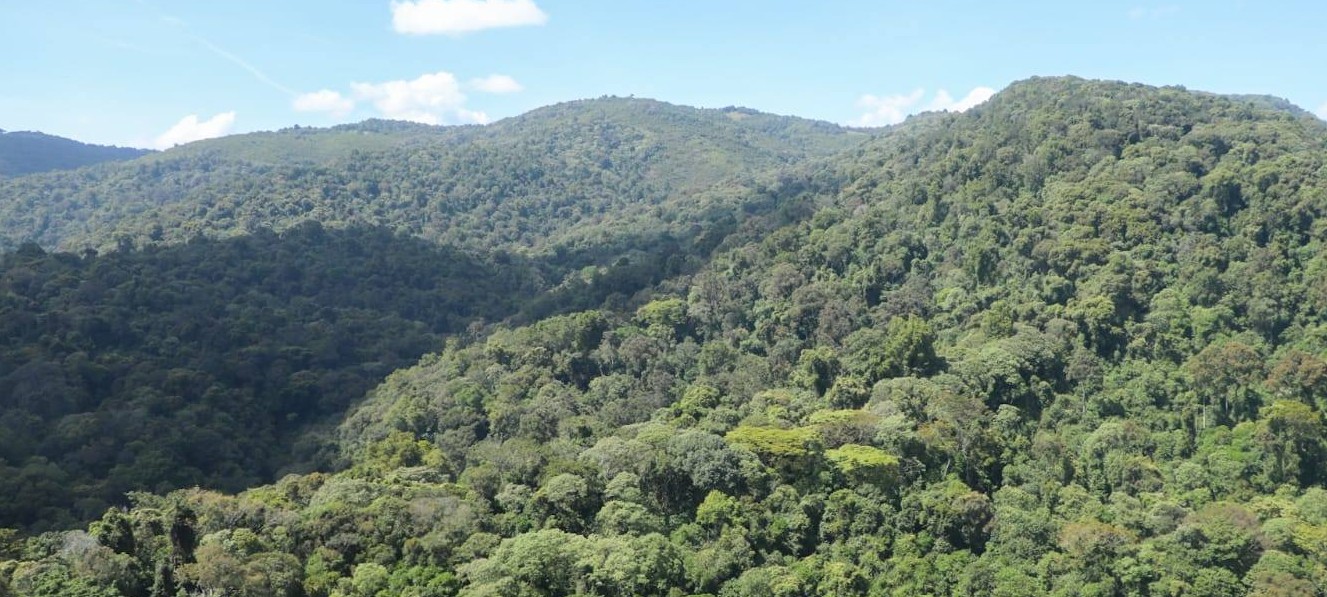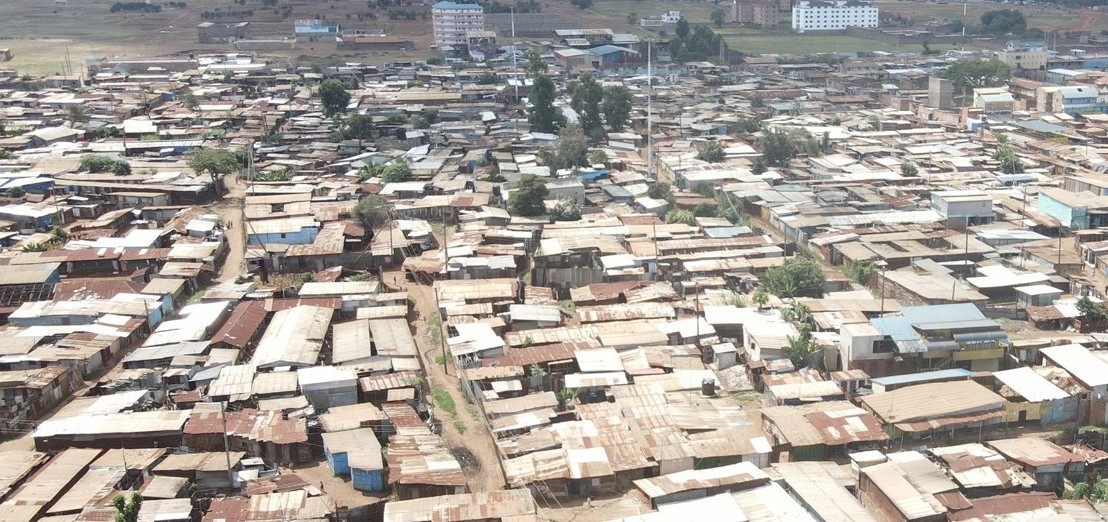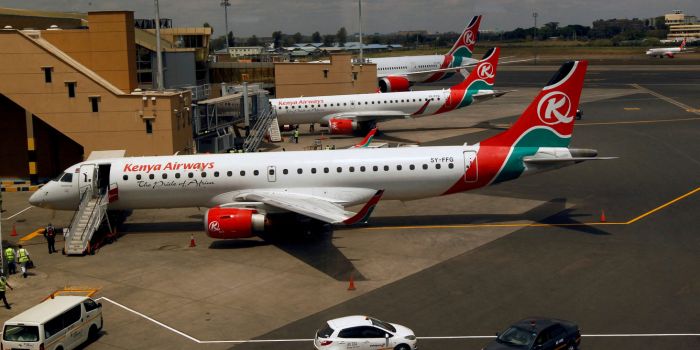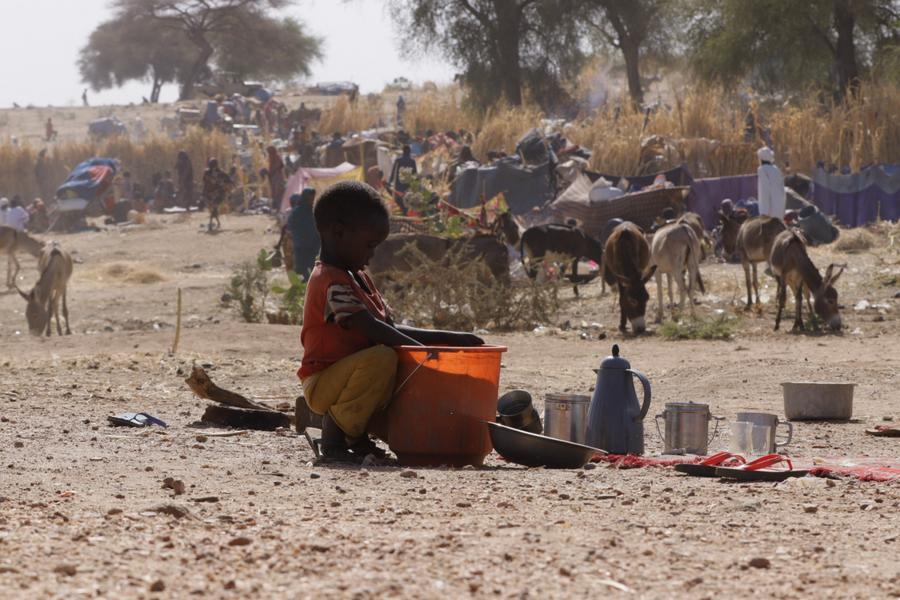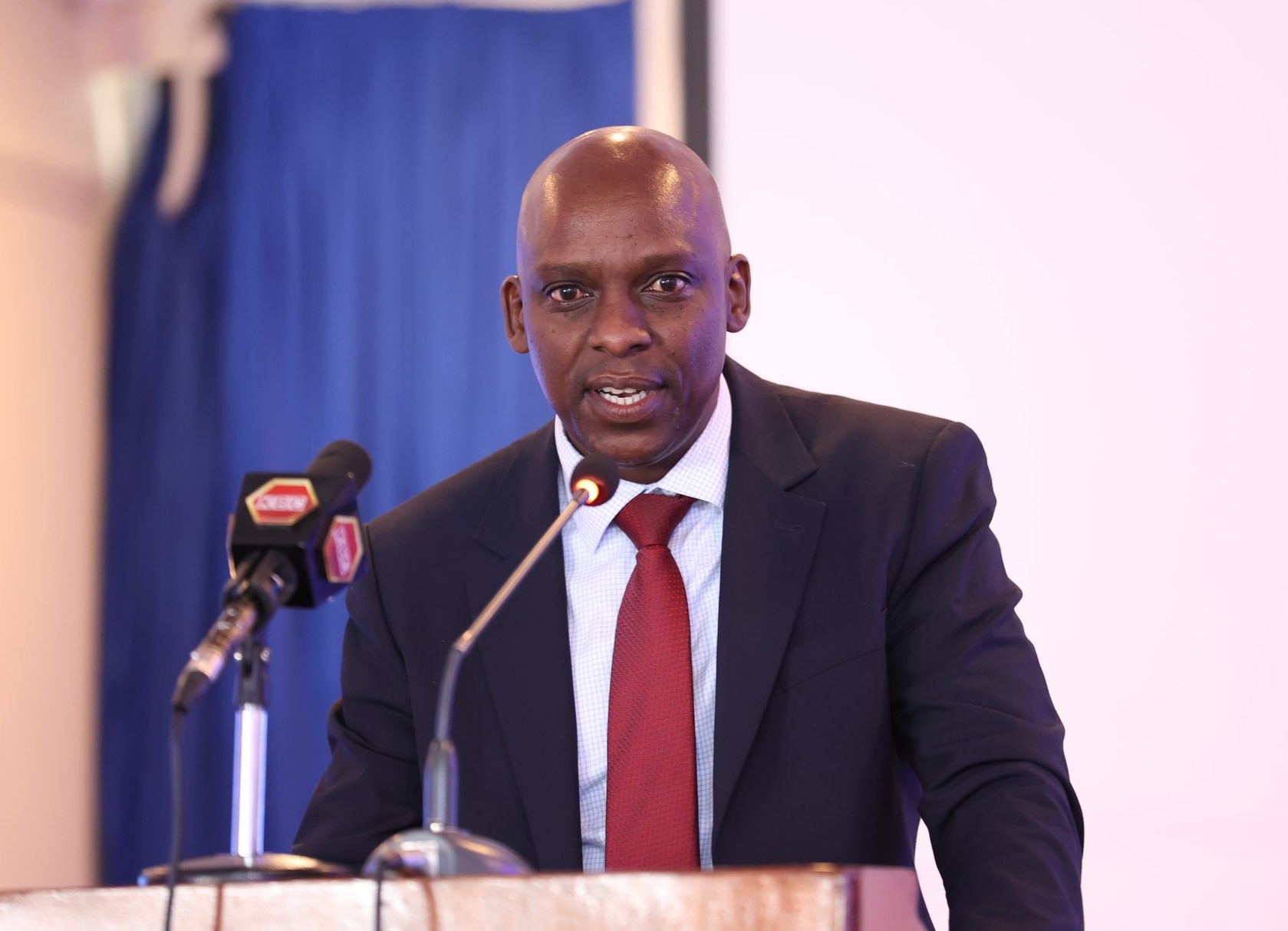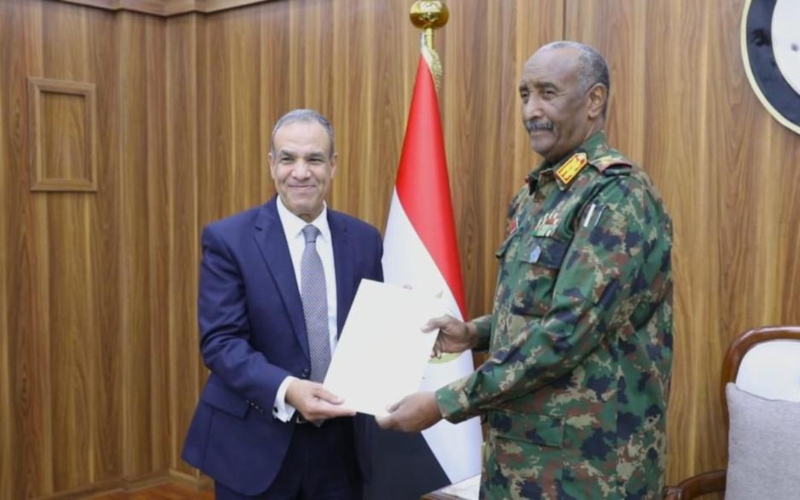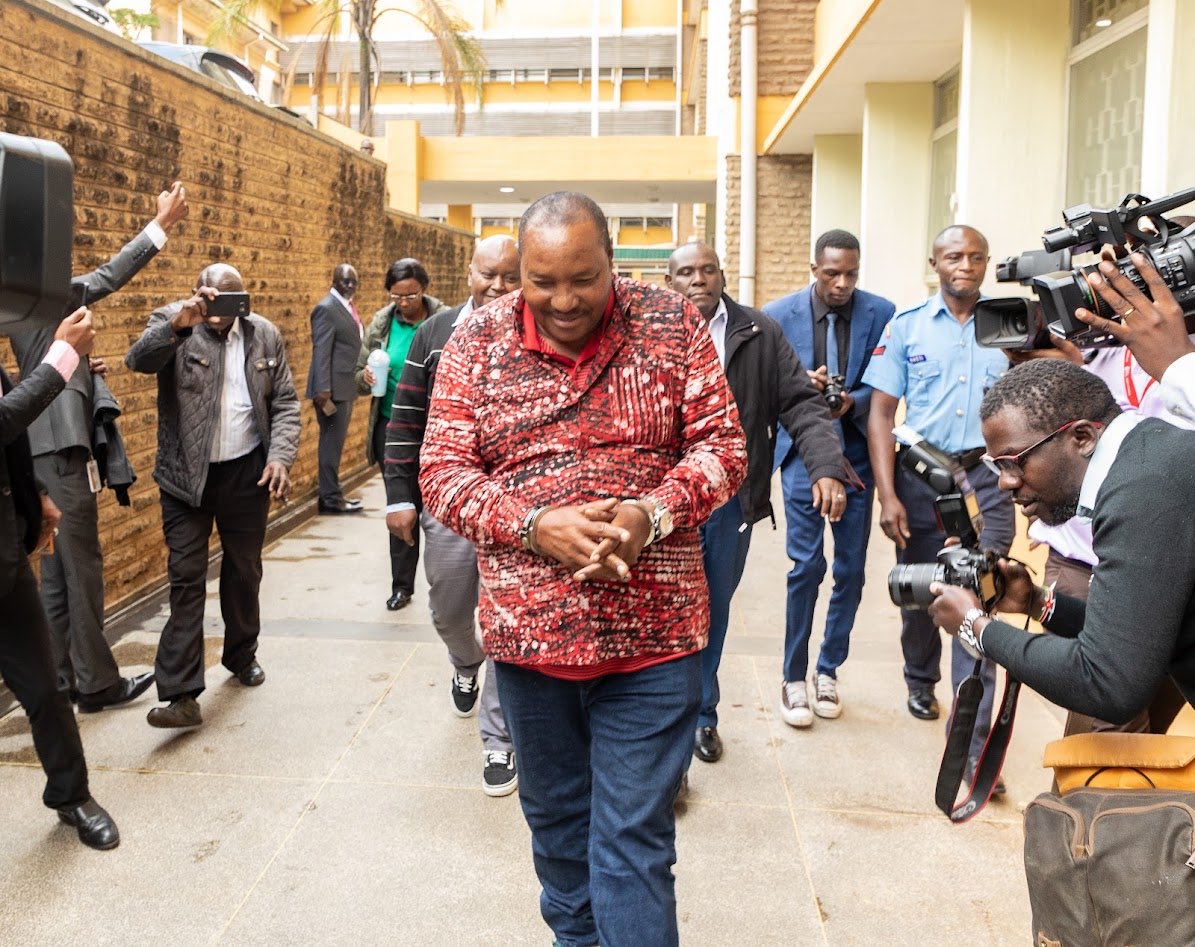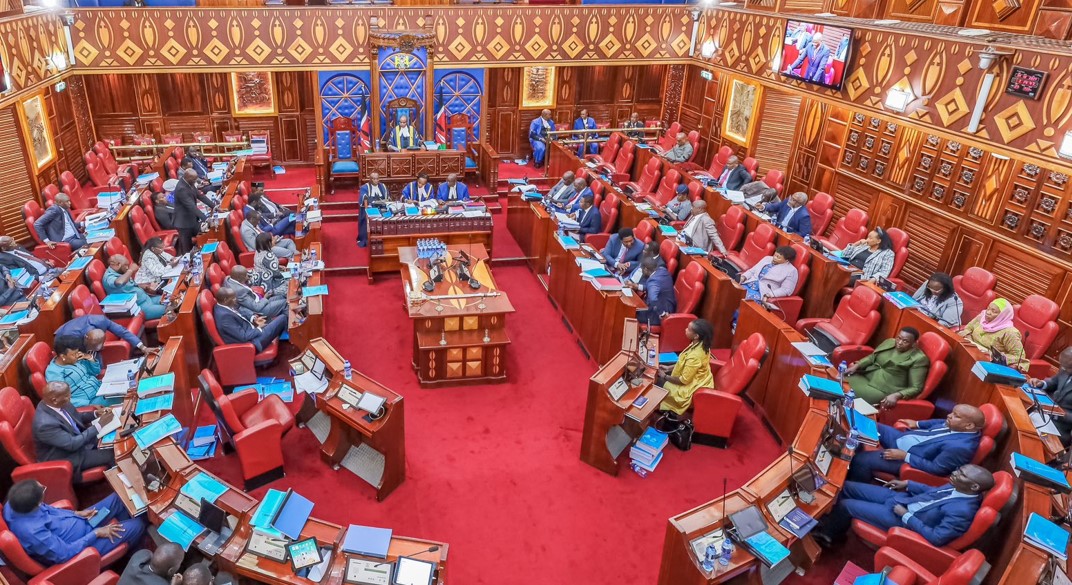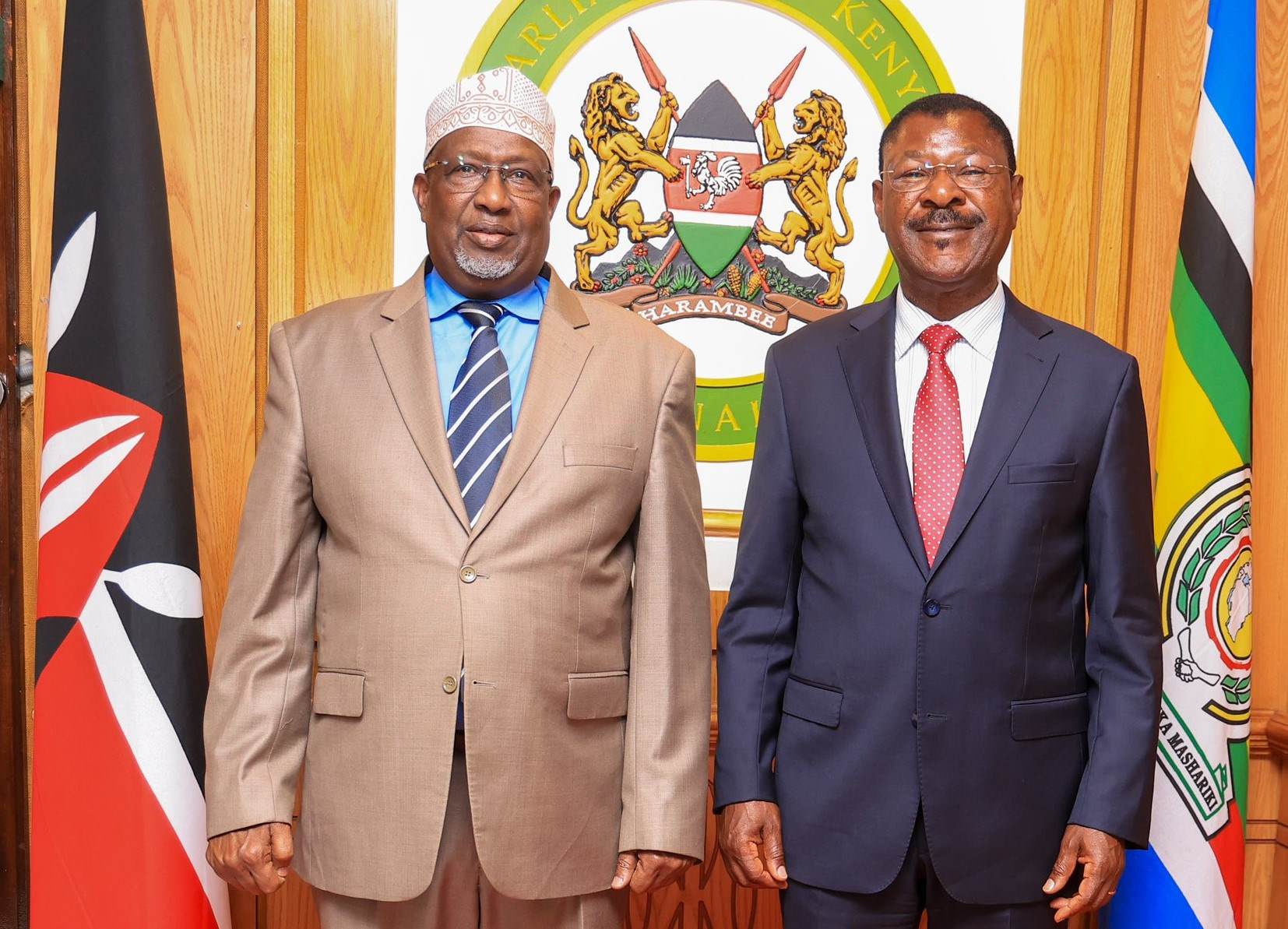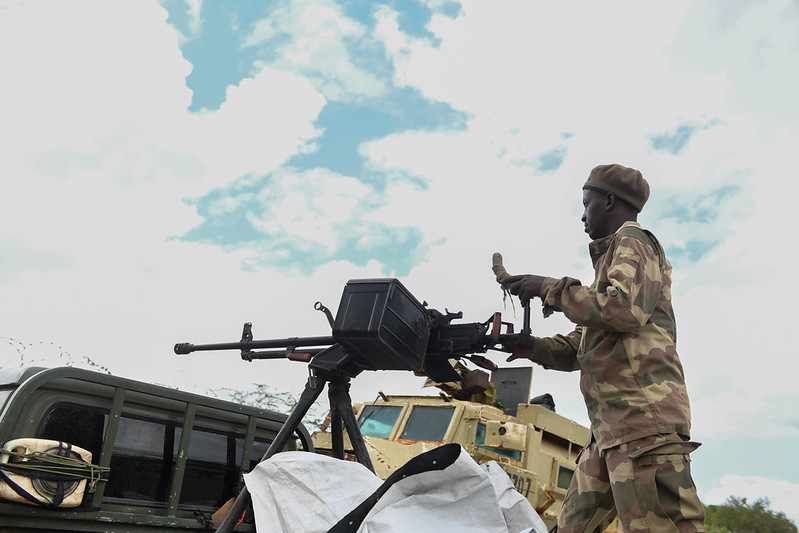Demystifying KDF deployment in Kenya: What you need to know
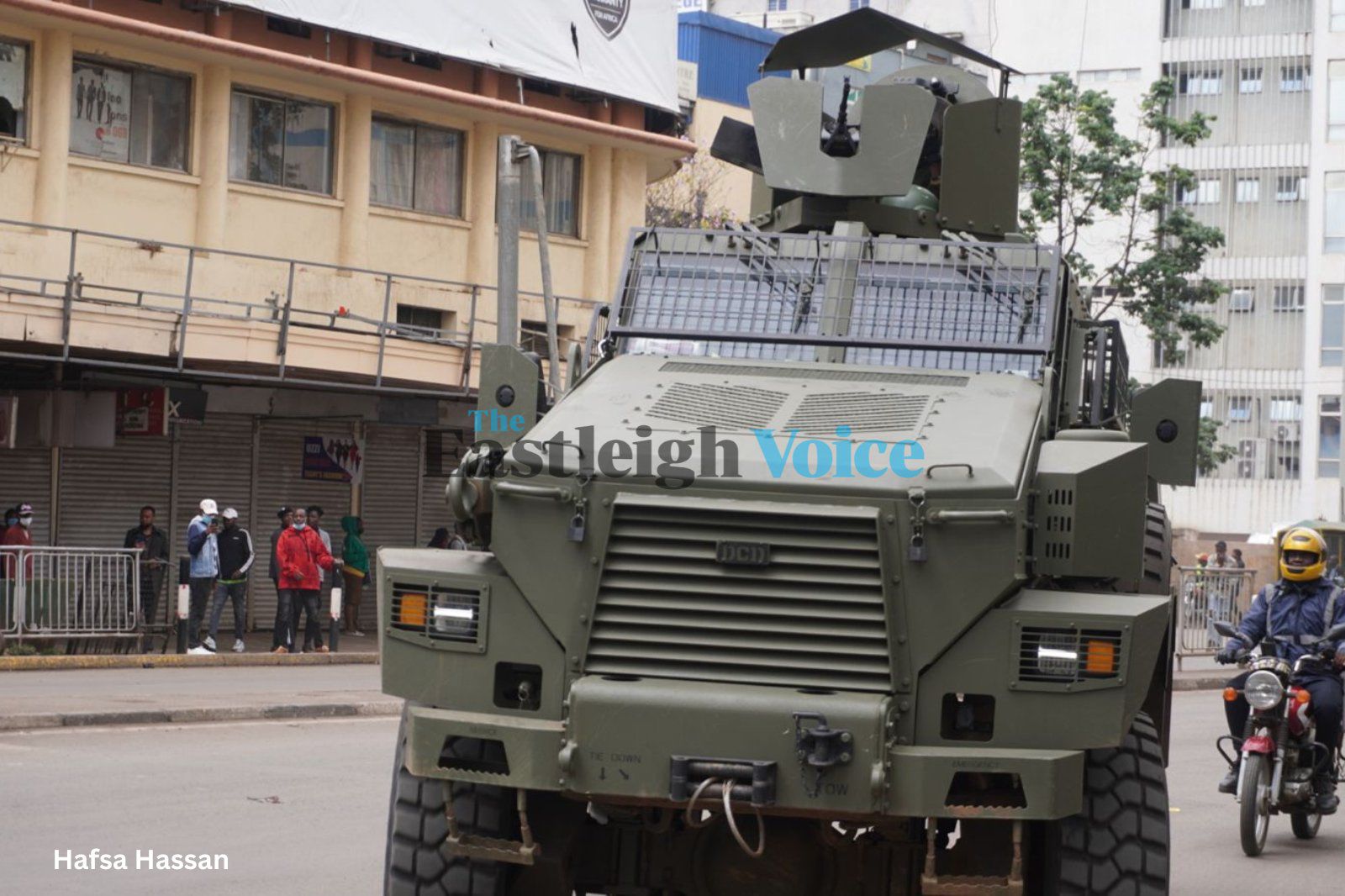
According to Article 241 of the Kenyan Constitution, KDF deployment occurs under two main circumstances; To restore peace in any part of Kenya and to support the police in situations of emergency.
Aden Duale, Defence Cabinet Secretary, announced the military deployment in response to nationwide anti-Finance Bill protests, including a disorderly invasion of Parliament in Nairobi on Tuesday. In a gazette notice dated June 25, Duale cited Article 241 (3) (b) of the Kenyan Constitution to declare the deployment of the Kenya Defence Forces in support of the National Police Service.
"The Kenya Defence Forces is deployed on June 25, 2024, in support of the National Police Service in response to the security emergency caused by the ongoing violent protests in various parts of the Republic of Kenya resulting in destruction and breaching of critical infrastructure," reads the gazette notice.
More To Read
- From detention to global recognition: Rose Njeri named in 2025 Time100 Next list
- How protests over Finance Bill hurt Nairobi’s daily revenue collections
- KDF introduces controlled meal payments to curb loan collateral use
- President Ruto announces major KDF leadership changes, appoints new Kenya Army, Air Force commanders
- 16 killed in June 25 memorial protests, most by police – Amnesty International
- We are forgotten: Erickson Mutysia’s mother makes heartbreaking plea for justice
Members of Parliament on Wednesday morning approved the deployment of Kenya Defence Forces officers within the country to restore order after deadly protests.
The soldiers will support the Kenya Police Service to restore normalcy across the country
However, the move has been challenged by the Law Society of Kenya (LSK) and other civil groups who state that the deployment is unconstitutional.
The High Court of Nairobi is set to rule on the petition Thursday afternoon.
However, what does the law say about the deployment of KDF?
According to Article 241 of the Kenyan Constitution, KDF deployment occurs under two main circumstances; To restore peace in any part of Kenya and to support the police in situations of emergency.
To restore peace in any part of Kenya
The KDF can be deployed to restore peace in areas of Kenya affected by unrest or instability.
However, Section 3c says that this deployment must receive prior approval from the National Assembly.
The process begins with the Defence Cabinet Secretary writing to Parliament to provide a justification for the deployment.
Parliament then deliberates on the request, which is tabled in the form of a motion by the Majority Leader or the leader of the government side.
Once approved by the House , the Cabinet Secretary for Defence proceeds in gazetting details of the deployment, including specific deployment areas.
Post-deployment, a comprehensive report on the mission must be submitted to the National Assembly for scrutiny.
Other Topics To Read
Any deployment of the Kenya Defence Forces (KDF) to conduct operations, whether independently or in support of the police to restore peace in areas of Kenya affected by unrest, must receive prior approval from the National Assembly.
According to Section 33(4) of the KDF Act, deployment to support the police can only occur in locations designated by the National Security Council.
Furthermore, the deployment is subject to discontinuation as deemed necessary by the National Security Council.
During such operations, KDF members are bound to adhere to a code of conduct and operational procedures for Defence Forces support operations, which are approved by the Defence Council.
These operations are guided by a joint operation plan and guidelines issued jointly by the Chief of the Defence Forces and the Inspector-General of the National Police Service.
To support the police in situations of emergency
Section 3(B) of Article 241(3) specifies that the Defence Forces are mandated to assist and collaborate with other authorities during emergencies or disasters.
It also requires them to inform the National Assembly whenever they are deployed in such situations.
Under the Kenya Defence Forces Act, there are clear procedures outlined for when the military supports the National Police Service. Section 34 of this Act elaborates on these procedures:
The section emphasizes that any deployment of the Defence Forces to support the National Police Service must uphold constitutional standards concerning human rights and fundamental freedoms.
It stipulates that within twenty-four hours of such deployment, the Cabinet Secretary for Defence must publish a notice in the gazette to formally announce its commencement.
Similarly, if the deployment is discontinued, the CS must issue a notice in the gazette within the same timeframe to notify the public of its termination.
Furthermore, the Cabinet Secretary is required to report to the National Assembly regarding any deployments made under these circumstances, ensuring transparency and accountability in the process.
Powers and duties of soldiers while being deployed
The responsibilities and powers of soldiers during deployment are specified in section 35 of the KDF Act.
According to this law, whenever the Defence Forces or any part of them assist the police or participate in a security operation, KDF members are granted the same powers and duties as members of the National Police Service.
These powers and duties are meant to ensure the effective execution of the deployment, uphold law and order, and safeguard the internal security of the State.
However, these responsibilities do not extend to conducting criminal investigations.
In operations where they support the police, a member of the Defence Forces who makes an arrest, detains a person, or seizes an object must promptly transfer the individual or item to the police.
Section 35(5) specifies that a Defence Forces member is legally accountable to the same degree as a National Police Service member for their actions or inactions under this section. Similarly, they are entitled to the same protections and benefits as a police officer would be in similar circumstances.
Furthermore, any Defence Forces member exercising powers under this section is recognized under the Act as a military police officer.
Top Stories Today
